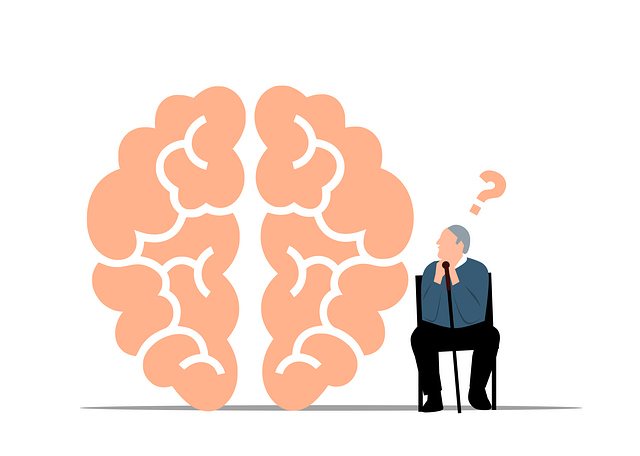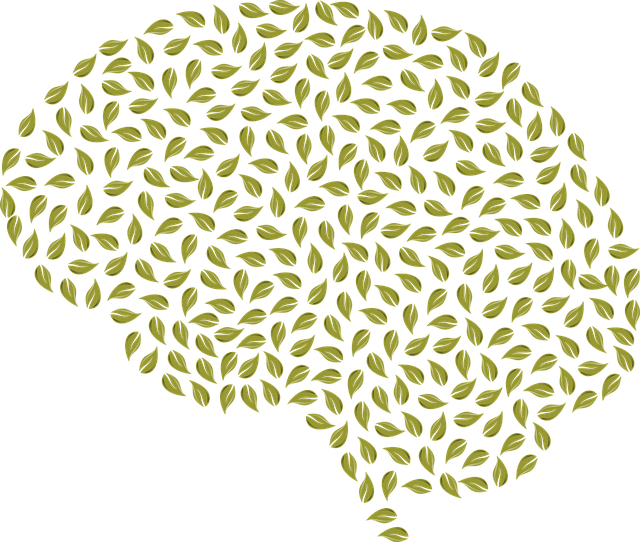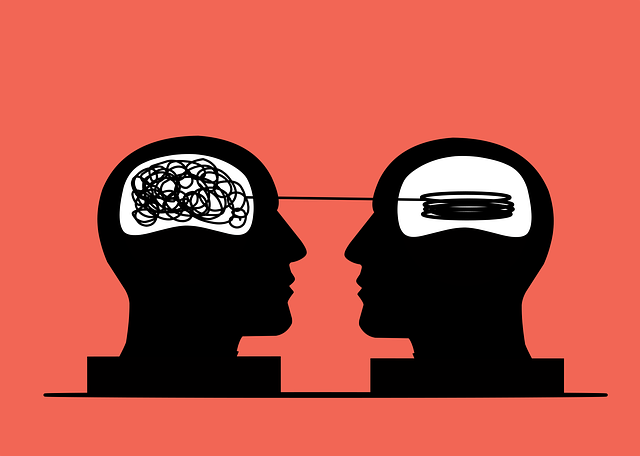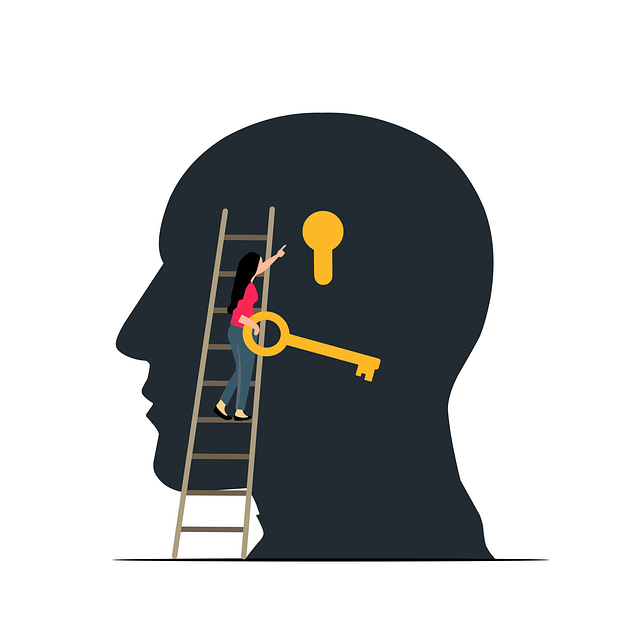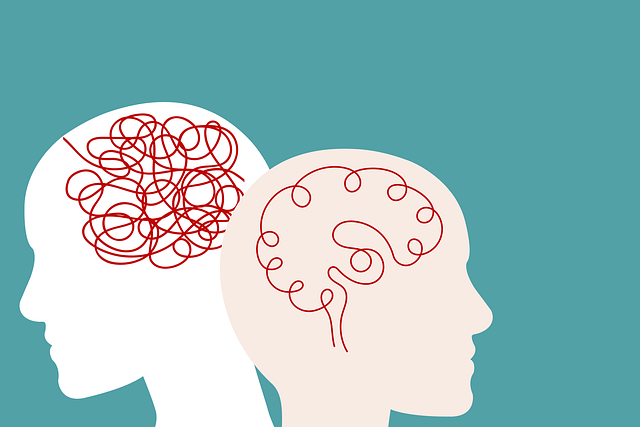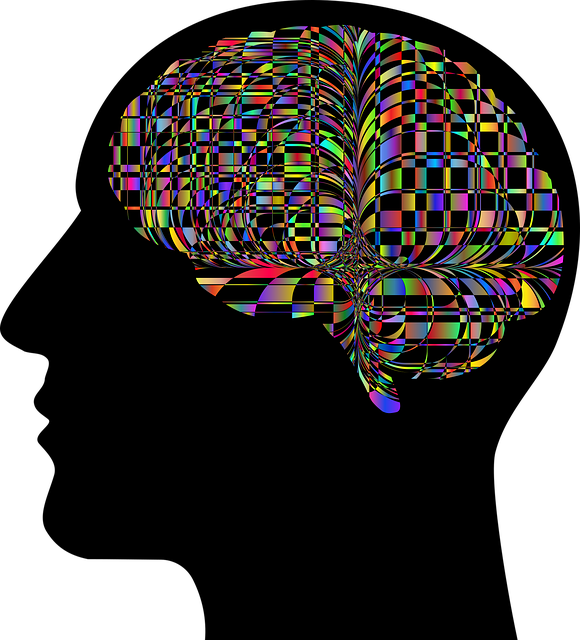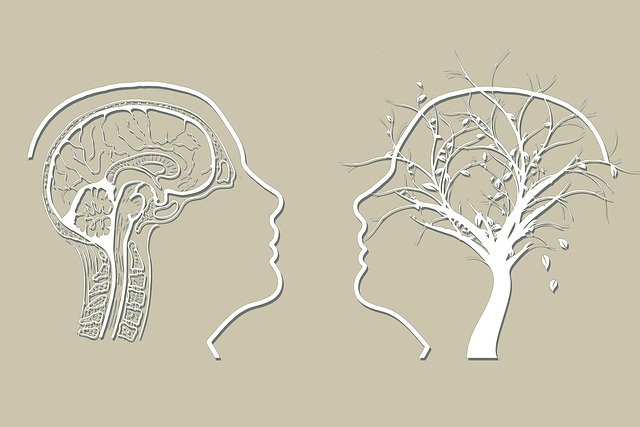Denver Neuro Disorders Therapy emphasizes Emotional Intelligence (EI) as a key component of mental wellness. Cultivating EI involves self-awareness through practices like journaling and mindfulness, leading to better emotional regulation and resilience. Key components include enhanced social skills and empathy, developed through active listening and mental wellness coaching programs. Integrating these strategies into healthcare and public awareness campaigns promotes improved emotional health outcomes for all, including those managing neuro disorders.
Emotional intelligence (EQ) is a powerful tool for personal growth and successful relationships. In this article, we explore the concept of EQ from the perspective of Denver Neuro Disorders Therapy, delving into its key components. We’ll focus on cultivating self-awareness as a cornerstone of EQ development, and provide strategies to enhance social skills and empathy. By understanding and building these aspects, individuals can improve their emotional resilience and connect more deeply with others.
- Understanding Emotional Intelligence: The Denver Neuro Disorders Therapy Perspective
- Cultivating Self-Awareness: A Cornerstone of EQ Development
- Enhancing Social Skills and Empathy: Strategies for Growth
Understanding Emotional Intelligence: The Denver Neuro Disorders Therapy Perspective

Emotional intelligence (EI) is a multifaceted concept that has gained significant attention in recent years, particularly within the field of therapy and mental wellness. Denver Neuro Disorders Therapy takes a nuanced approach to understanding EI, recognizing its profound impact on overall well-being. This perspective emphasizes that emotional intelligence involves not just recognizing emotions but also managing them effectively, both within oneself and in relationships with others.
From the Denver Neuro Disorders Therapy viewpoint, cultivating emotional intelligence is an ongoing process. It begins with self-awareness, encouraging individuals to reflect upon their emotions through practices such as journaling and mindfulness exercises. This internal guidance fosters a deeper understanding of one’s emotional responses, enabling better management during stressful situations. Furthermore, healthcare providers can benefit from burnout prevention strategies that integrate EI development, enhancing patient care in the process. Public awareness campaigns could also play a pivotal role in promoting mental wellness by educating people about the importance of emotional intelligence and providing practical tools for its enhancement.
Cultivating Self-Awareness: A Cornerstone of EQ Development

Cultivating self-awareness is a fundamental step in building emotional intelligence (EQ). It involves recognizing and understanding your own emotions, strengths, weaknesses, and motivations. This process begins with introspection—taking time to reflect on your experiences, feelings, and reactions. Through mindfulness practices and honest self-assessment, individuals in Denver neuro disorders therapy can gain valuable insights into their emotional patterns and triggers.
Developing self-awareness allows for better coping skills and enhanced emotional regulation. By understanding your unique emotional landscape, you can learn to manage stress, navigate challenging situations with grace, and build resilience. Self-care practices play a crucial role in this journey, as they enable individuals to nurture their mental and emotional well-being. Engaging in activities that support emotional healing processes, such as therapy, meditation, or journaling, can further strengthen one’s self-awareness and overall EQ.
Enhancing Social Skills and Empathy: Strategies for Growth

Emotional intelligence (EI) is a powerful tool for personal and professional growth, especially when coupled with effective Denver neuro disorders therapy. Enhancing social skills and empathy are key components of developing EI, which can be cultivated through various strategies. Mentors and therapists often recommend engaging in active listening, where one pays full attention to the speaker, maintains eye contact, and reflects back what is understood. This simple yet profound practice deepens connections and fosters an environment conducive to open communication.
Beyond individual interactions, participation in mental wellness coaching programs can significantly contribute to developing EI. These programs often focus on positive thinking and stress management techniques, essential aspects of emotional intelligence. By learning to reframe negative thoughts and adopting healthy coping mechanisms, individuals can better regulate their emotions and empathize with others. This development not only improves relationships but also enhances overall mental wellness, making it a beneficial step for anyone seeking personal growth, including those navigating neuro disorders.
Denver Neuro Disorders Therapy emphasizes that emotional intelligence (EQ) is a vital skill set, fostering self-awareness, social competence, and empathy. By understanding EQ’s core components, individuals can navigate relationships and challenges more effectively. Cultivating self-awareness serves as the foundation for personal growth, enabling one to recognize and manage emotions. Additionally, enhancing social skills and empathy allows for deeper connections and improved communication. Through practical strategies, anyone can develop their EQ, leading to richer interpersonal interactions and a more fulfilling life.
